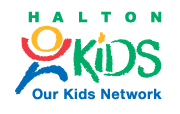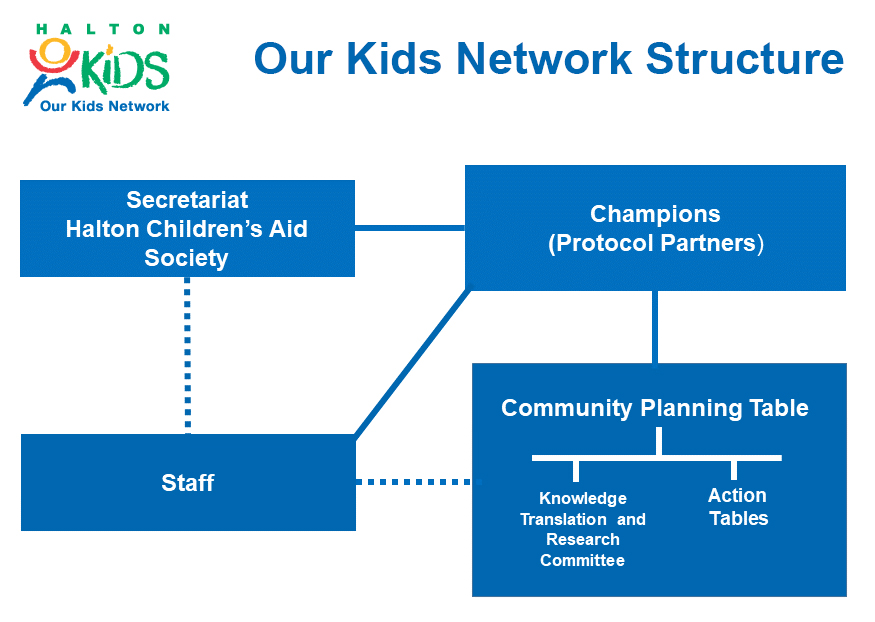An Indigenous Person’s Truth and Thoughts on the Meaning of This Significant Day
By Angela Bellegarde, Our Kids Network Indigenous Lead
On September 30th, the inaugural National Day for Truth and Reconciliation, we are all called to commemorate and honour Indian Residential School Survivors and those children who did not make it home. Establishing this day directly relates to Call to Action #80 of the Truth and Reconciliation Commission of Canada. As a First Nations person, who descends from three generations of Indian Residential School Survivors, I have been contemplating what this means to me, and to my children who are the next generation of Indian Residential School Survivors.
Residential Schools Took Away Language, Culture, History, and Pride
My Mooshum (grandfather), Maglory Bellegarde, was the twelfth Indian enrolled at Lebret Indian Industrial School, later called Lebret Indian Residential School. All of his children and grandchildren attended this institution as well. My Aunts and Uncles would say that “it wasn’t so bad”, and I am sure it was better than many of the other Indian Residential Schools that we have come to learn about over this past summer. However, the very fact that they were forced to attend demonstrates the unjust and genocidal practices of the Canadian government of the time.
Yes, I used the word genocidal and I meant it. Within three generations of my family, Indian Residential Schools had for the most part, the intended effect, which was to “remove the Indian from the child”. The trauma and cultural harm of not being allowed to speak our language or practice our traditional ceremonies continues to have a devastating impact to this day. My aunties, uncles, and cousins are now learning our language and speaking it at home. We are now seeking opportunities to learn about our unique worldview and are participating in ceremony to capture that essential part of our being.
I have come a long way to recover from the shame I once felt at being an Indian when I was growing up. I learned at a young age to be careful who I told about my identity. It was exhausting to explain the difference between First Nations and Métis. When I began to date, I always checked with a potential boyfriend’s views on First Nations people in Canada to avoid the inevitable discussions that would occur. “You don’t look like an Indian.” “Are you sure you’re not Métis?” “But you’re not those other Indians. Your dad has a job.” “If you’re an Indian, why has your family done so well for themselves?” This was my reality and at time it was very painful.
My children are proud of their First Nation identity. They readily disclose this to their peers and as part of classroom discussions. They share what they know about their Mooshum attending Indian Residential School. They are fully present when their Aunts and Uncles share the stories. I am struck with how different this was from my experience with my peers at their age.
I recognize the privilege I have in knowing who my people are, and our family history. I can go back to Peepeekisis Cree First Nation and walk the land where my family lived. Most of them are buried in the cemetery on the reserve, even the two young great aunts who died while attending Residential School. It deeply pains me that over the past few months, I have met many Indigenous people in Halton that were part of the Sixties Scoop and are desperately seeking their birth families in an effort to come to terms with their Indigenous identity. I have met Indigenous people who were brought up with shame for being an Indian and told to hide this fact from the rest of the world. Stop and imagine if this was you or your family. What would the impact be for your family if you were missing an essential part of your personal story?
The Time is Now to Go Beyond Just Knowing the Truth
When Tk’kemlups te Scewepemc announced to Canada and the world that bodies were discovered in unmarked graves near the Kamloops Indian Residential School, it was shocking. However, to most Indigenous peoples, it was finally revealing what has been known to us and what survivors had been sharing all along. These children’s stories have been passed on to the next generation. We know that at least 3,213 children’s deaths at Indian Residential Schools were documented during the consultations with Indigenous Residential School Survivors held by the Truth and Reconciliation Commission. What is shocking to me is that it seems that most Canadians did not know about these children. It is documented in the Final Report of the Truth and Reconciliation Commission of Canada. In fact, Calls to Action #71 to #80 speaks to the missing children, unmarked graves, and residential school cemeteries. It is there for everyone to read. Will you take time on September 30th to read about it?
In the first of our two-part blog, Joanna Mathews, challenges all of us to go beyond knowing the Truth about Indigenous people and to deeply connect with that information to move towards Reconciliation. I could not agree more. The inaugural National Day for Truth and Reconciliation is about commemorating and honouring real people, families, and communities who were treated reprehensibly by the Canadian government. Indian Residential School Survivors live among us. Take some time to seek out their stories and bear witness to our country’s history.
On September 30th wear your Orange Shirt and take a moment to really think about what it means to you, and to Indian Residential School Survivors. Learn more and do more so we can collectively make Canada a better place that truly includes Indigenous people and is based on mutual respect.
NCTR – National Centre for Truth and Reconciliation
Lebret (Qu’Appelle) – NCTR
orangeshirtday.org
Truth and Reconciliation Commission of Canada – NCTR
If you are a Survivor and need emotional support, a national crisis line is available 24 hours a day, seven days a week: Residential School Survivor Support Line: 1-866-925-4419.

